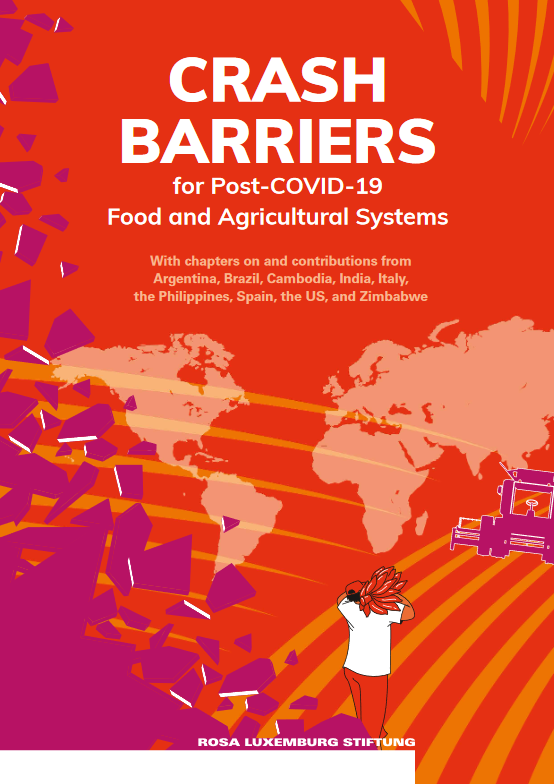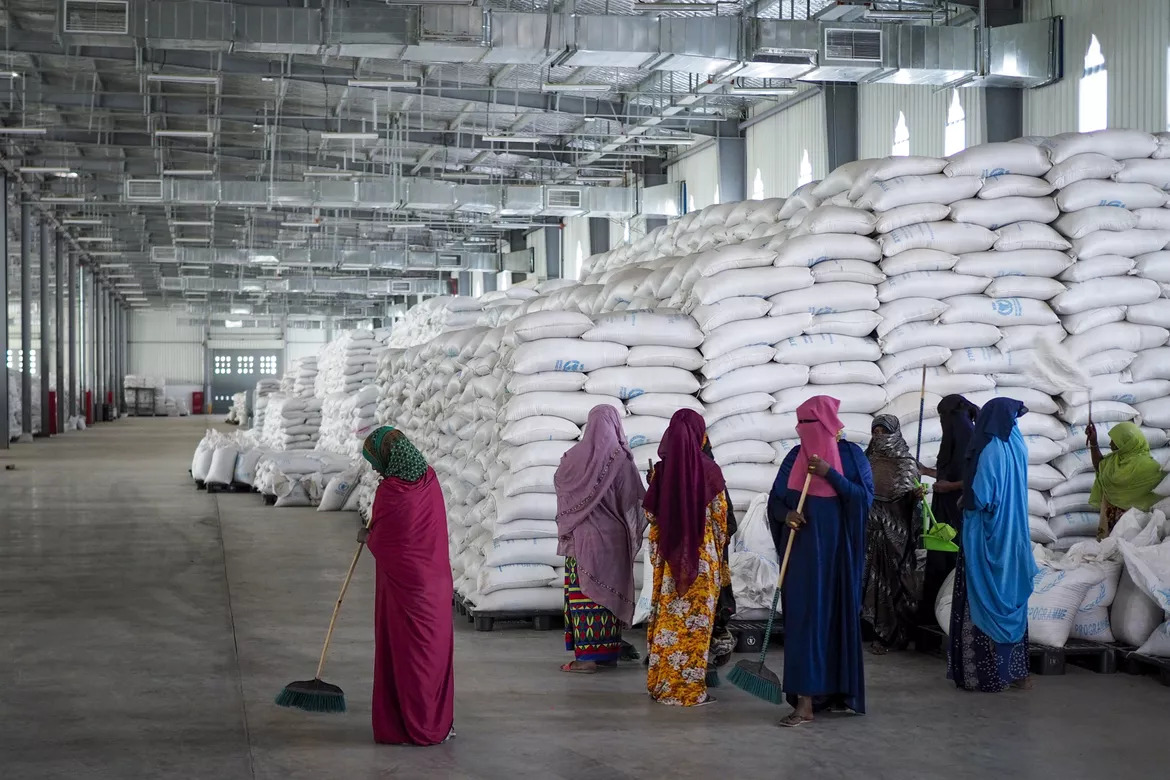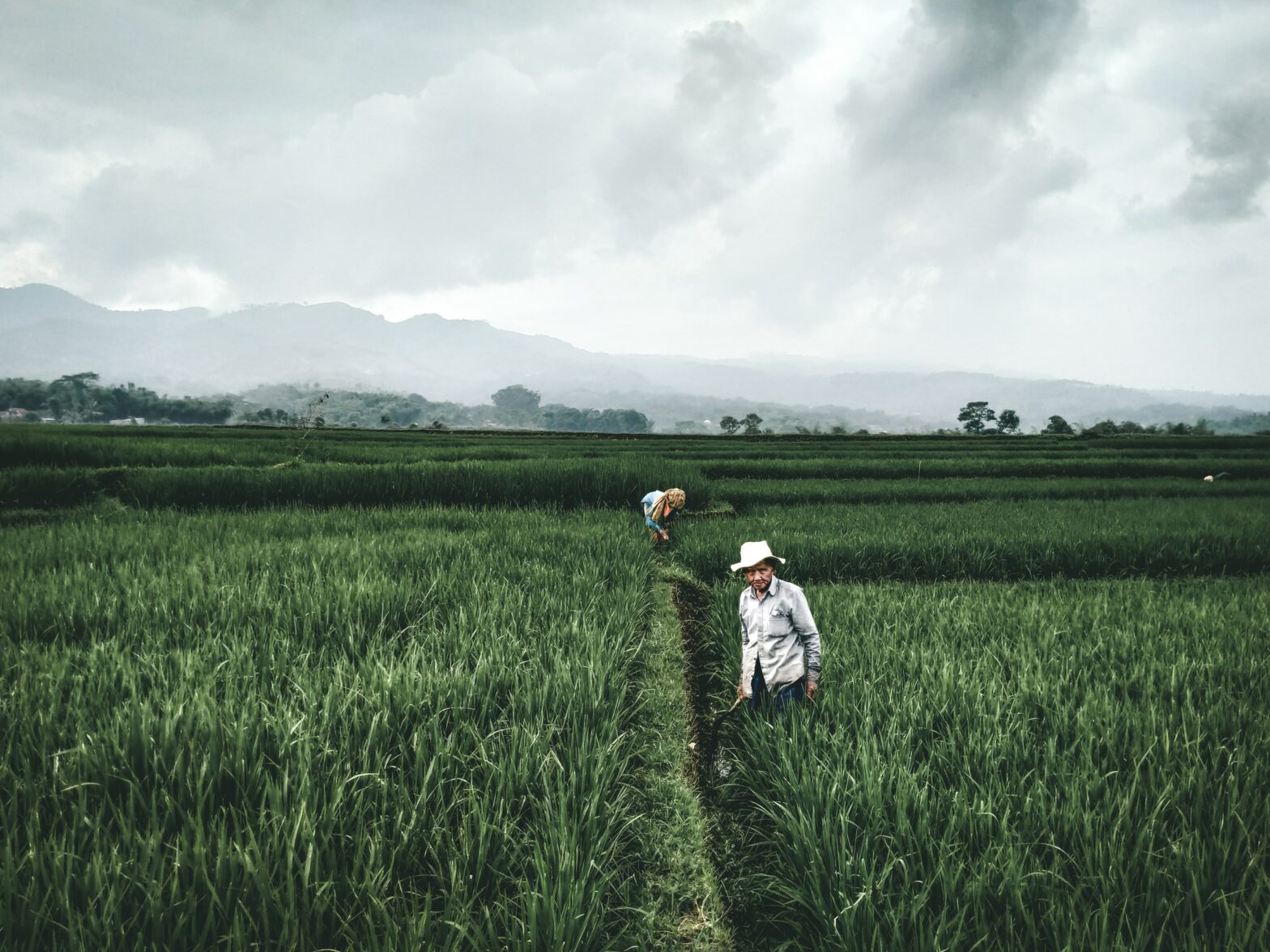Partager Twitter Facebook Email Copy URL
With contributions from Argentina, Brazil, Cambodia, India, Italy, the Philippines, Spain, the US, and Zimbabwe – en anglais !

The Rosa Luxemburg Foundation’s Agrarian Politics Working Group is a collective of people working in RLS offices around the world on food sovereignty, farmworkers’ rights, and agroecology. In collaboration with civil society and farmers’ organizations, they develop analyses of the corporate capture of agriculture and advocate for democratic and sustainable food and agricultural systems.
We witnessed incredible examples of solidarity across the urban and rural divide during the COVID-19 pandemic, showing how grassroots and solidarity actions can ensure access to nutritious food for millions of people. While the commercial food and agriculture sector continued operations as an essential service during the lockdowns imposed across the world, the working conditions of the frontline food industry workers who kept the sector going have not changed, and indeed got worse. As local and “informal” food markets were forced to shut down in most countries, millions of people struggled to access food through the supermarket and other “formal sector” retail channels that remained open.
The pandemic made it absolutely clear: the prevailing food system is not only hopelessly broken, but in its current form it is irreparable. Hence, we need to urgently transform the food and agricultural systems into localized and people-centric systems free of corporate control.
The authors of this publication present alternatives for post-COVID-19 food and agricultural systems from a left-wing perspective and discuss the impacts of the pandemic with a focus on small-scale producers who feed the majority of the world’s population, and the invisibility of farmworkers who grow, pick, and pack the food sold in supermarkets and other food retail outlets.
By documenting the impacts of the COVID-19 pandemic on our food systems in different regions across the world, the publication aims to provide an account of the nature of the prevailing food systems globally and their outcomes, and reflect upon the experiences and perspectives of the hardest-hit communities within rural and urban settings.



